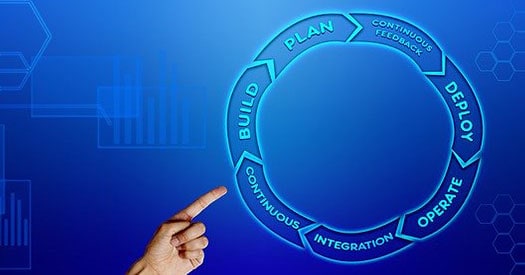Having your business ready with continuity or business plans in the event of an emergency is imperative for your overall survival. There’s no single approach that fits all situations, but these three questions you can ask yourself, will help cover you for most eventualities you’re likely to encounter:
What could go wrong? Your risk assessment
Disasters and emergencies can occur in many ways, from bush fires and arson attacks, floods, cyclones, earthquakes and tidal waves to simple power outages, network disruptions, computer viruses to burglary or sickness of key employees. It’s important to have a proper plan to deal with all these:
- Is your building fireproof?
- Are you vulnerable to a bushfire?
- Do you have adequate fire prevention equipment and training for your staff?
- Are you exposed to high tides or flooding?
- Are you affected by cyclones or tornados?
If something goes wrong, how will your business be affected?
Having a plan in the event of natural disasters will help you cope with them and resume business afterward, should they arise.
Do you have adequate backup plans and insurance cover?
Will your business survive a natural or economic disaster? What will you do to ensure your business continuity during the following risks?
- Economic Risk
With today’s constantly changing economy, it’ important you operate your business with as lean a budget as possible and reduce your overheads so you can cope with changing economic cycles
- Compliance Risks
There are many rules and regulations that you will need to comply with and they’re constantly being changed and added to, so you need to stay up to date and be 100% compliant or risk heavy fines or closure
- Diversify Your Income Streams
With only a few income streams your financial risk is high, if you lose one or more contracts or some of the products you sell are no longer in demand
- Security and Fraud Risk
Being online can place the unwary in the path of cyber criminals especially when you shared data and financial details. This can lose your company’s reputation and trust as well as make you financially liable for losses
- Financial Risk
All business involves some type of financial risk, the higher the profits, often, the higher the risks involved. Minimize the credit you extend to others and the amount you own so your stronger financial position
- Reputation Risk
In business, you’re putting your reputation on the line, product failure or unhappy customers can impact on your business, brand or reputation, so you need to always provide quality service and products and stand by them to address concerns and reduce negativity quickly and in a positive “can do” fashion
- Operational Risks
Business continuity can be lost from external or internal sources as well as a combination of different factors. Whether it’s a possible process or people failure, these potential risks need to be addressed with adequate training and a proper business plan installed
In the event of a disaster, whether natural or caused by financial situations, product failures or a downturn in the economy you need to take measures to ensure business continuity after the event and your continued survival. Making a proper business plan that covers any foreseeable circumstances is vital for all businesses with today’s erratic economy and uncertainty with viruses.
